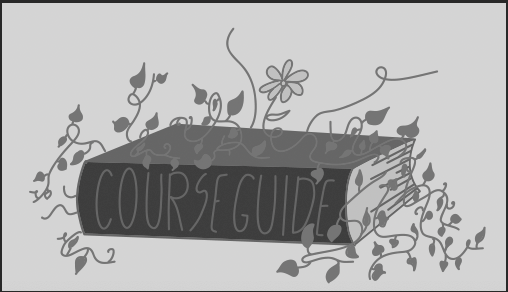In the past month, there have been a seemingly unprecedented amount of natural disasters, political turmoil and a tragic shooting in Las Vegas. When faced with a flood of information every day, there’s no choice but to think about how to process and respond to it. Too often, we ignore important news if we’re bored of it, our attention jumps from one event to another and we focus on trivial elements of stories.
Disaster has become so common that we’ve grown indifferent, perpetually steeling ourselves for another catastrophe. Maria, the second costliest hurricane on record, appeared to go unnoticed by many Americans. After the shocks of Harvey, Irma and Mexico’s 7.1 earthquake, people seemed too tired to pay any more attention to natural disasters. Nearly five times as many people Google searched “Hurricane Irma” than “Hurricane Maria” on the day that each of them made landfall, even though both devastated American soil. It’s easy to tire of news when it seems repetitive, but such boredom does not justify the unequal attention given to the storms. The media is partially to blame, with their incessant coverage of Irma and Harvey and the relative lack of attention devoted to Maria, but the blame also falls on us as citizens: according to The New York Times, only 54 percent of Americans know that people born in Puerto Rico are Americans.
This can lead to a dangerous cycle: pivoting from one story to the next, forgetting about the last. The capricious mind of the public often stunts the ability to have productive conversations, and more often than not, we don’t learn from our mistake and enact preventative change. When news of the Las Vegas shooting surfaced, the already little conversation around Hurricane Maria appeared to cease altogether. The Las Vegas shooting was undoubtedly a terrible tragedy and deserved a place in the national discussion, but we shouldn’t simply forget about Maria. Experts generally agree that all three hurricanes were worsened due to climate change, but discussions about climate change have rarely resulted in any nationwide action. In fact, Florida’s governor previously banned the use of the terms “climate change” and “global warming” in statements by officials. Similarly, following Columbine, Virginia Tech, Sandy Hook and the Pulse Nightclub shooting, the gunman in Las Vegas was still able to use a weapon specially designed to fire faster and longer. Tragedy just jolts the country instead of inspiring concrete steps that could prevent future acts.
Furthermore, while the conversation that the Las Vegas shooting has sparked is an important one, the focus has often been misplaced. The sensationalization of the incident puts attention-grabbing stories at the forefront of the discussion rather than focusing on how to prevent a tragedy like this from happening again. The intrigue of the shooter’s opulent lifestyle have driven the conversation. Images of his luxury hotel suite and broken gold windows spread incredibly quickly. Meanwhile, it was “too soon” to talk about gun control.
Straying from our impulses is hard. Paying less attention to news we feel is boring, rapidly shifting our attention from story to story and focusing on the sensational is human nature. But if we always follow our impulses, change can never take place. Now, more than ever, we need to think about the way we process no react to news. We’ve never had to juggle more events at once, and our responses to these events are critical to ensuring tragedies don’t continue to devastate our country. But if we countinue our current trend, then who’s to say the same events won’t happen in the future?




































